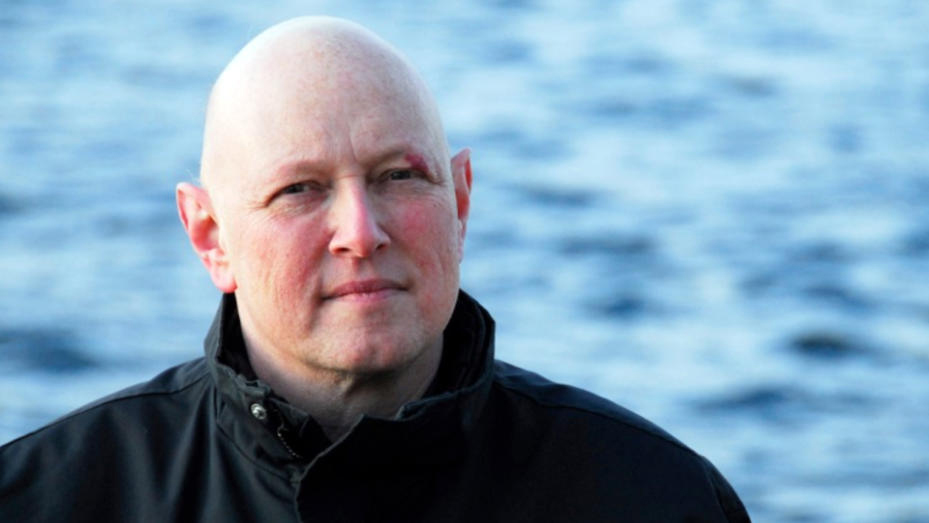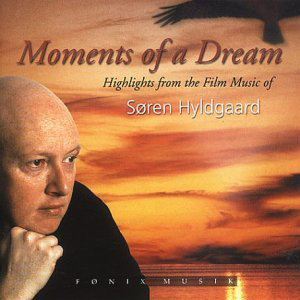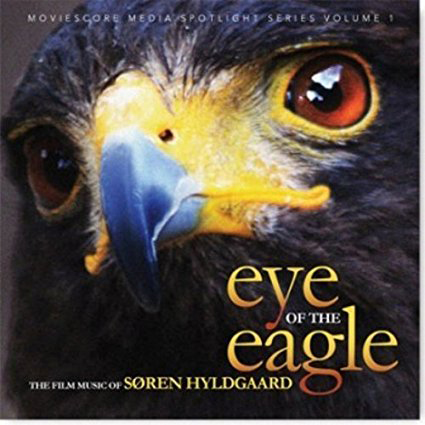

  |
|
|
||||||||||||||||||||||
|
FMS OBITUARY... May 8, 2018 Danish Film Composer Søren Hyldgaard Dead at 55 Highly respected musician achieved success in film, new age realms by Jon Burlingame  Hyldgaard's 30-plus film and television credits demonstrated a wide range of styles and colors, and an innate ability to deepen any film with his dramatic and often beautiful music. "The heart of Danish music has lost a major voice," said the composer's longtime agent Jeff H. Kaufman. Hyldgaard's music was "firmly rooted in the tradition of the melodically rich, harmonically rewarding and spiritually infectious approach to film scoring," added producer Mikael Carlsson, whose 2012 CD collection of Hyldgaard's music remains definitive. Admired for his engaging personality, Hyldgaard "was a brilliant, brilliant man and incomparable humorist," remarked The Film Music Society's producing director and Hyldgaard's personal friend, Marilee Bradford. "Søren had a cunning wit that sent everyone into gales of laughter. People were drawn to his optimistic nature. He was incredibly empathetic."  He studied film and media at the University of Copenhagen, moonlighting as a culture writer and film and music reviewer at newspaper and radio outlets in Denmark. He later composed a concertino for guitar and orchestra, and in the late 1980s became a best-selling New Age artist (his Flying Dreams CD sold more than 100,000 copies). He would later compose a trombone concerto and a number of concert suites. Hyldgaard's first film score was for the short Adam Hart in Sahara (1990), but his real entree into show business came with his music for The Chaplin Puzzle (1992), which examined Charles Chaplin's early career and featured a restoration of Chaplin's 1916 film Police.  He won the Danish Film Academy's "Robert" Award for his moody score for Susanne Bier's The One and Only (Den eneste ene, 1999). Later work included the miniseries The Spider (Edderkoppen, 2000), about crime in post-war Copenhagen; and Help, I'm a Fish! (2000), an elaborate orchestral and choral score for an animated adventure. Other credits include Little Big Girl (Ulvepigen Tinke, 2002), a gorgeous score for the tale of an orphan in search of her destiny; Jester Till (Till Eulenspiegel, 2003), with its Korngold-style fanfares and clever Richard Strauss quotations; Midsummer (2003), an eerie synthesizer score for a horror film; and Dogville Confessions (2003), about the making of Lars von Trier's controversial Dogville. Still later came The Fakir (Fukiren fra Bilbao, 2004), a haunting score with choir, harpischord and flamenco guitar for a tale of magic; the romantic comedy Nynne's Diary (Nynne, 2005) featuring a delightful jazz backdrop;  In October 2004, he married American multi-language translator Michelle Hale, who survives him. A funeral will be held on May 19th at Grundtvig's Church in Bispebjerg, Copenhagen. ©2018 Jon Burlingame |
Search
Past Features
|